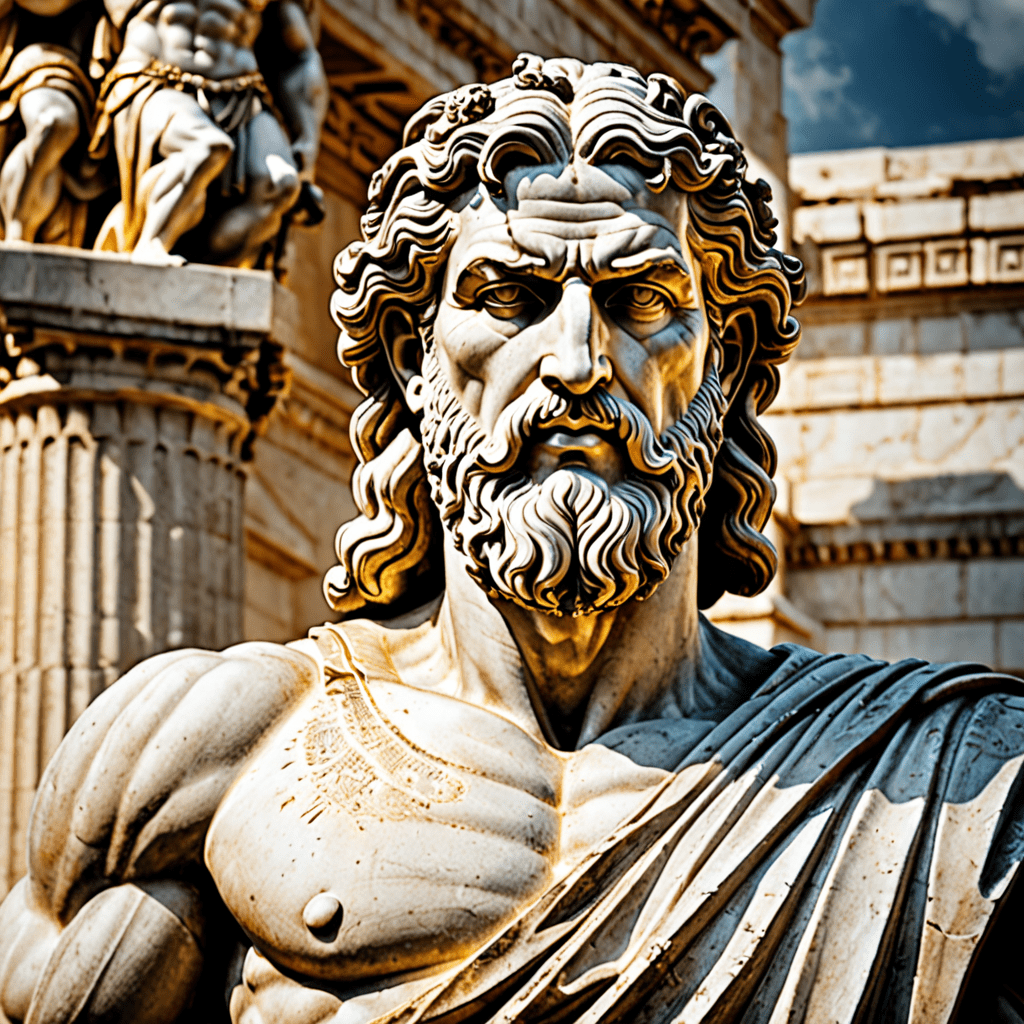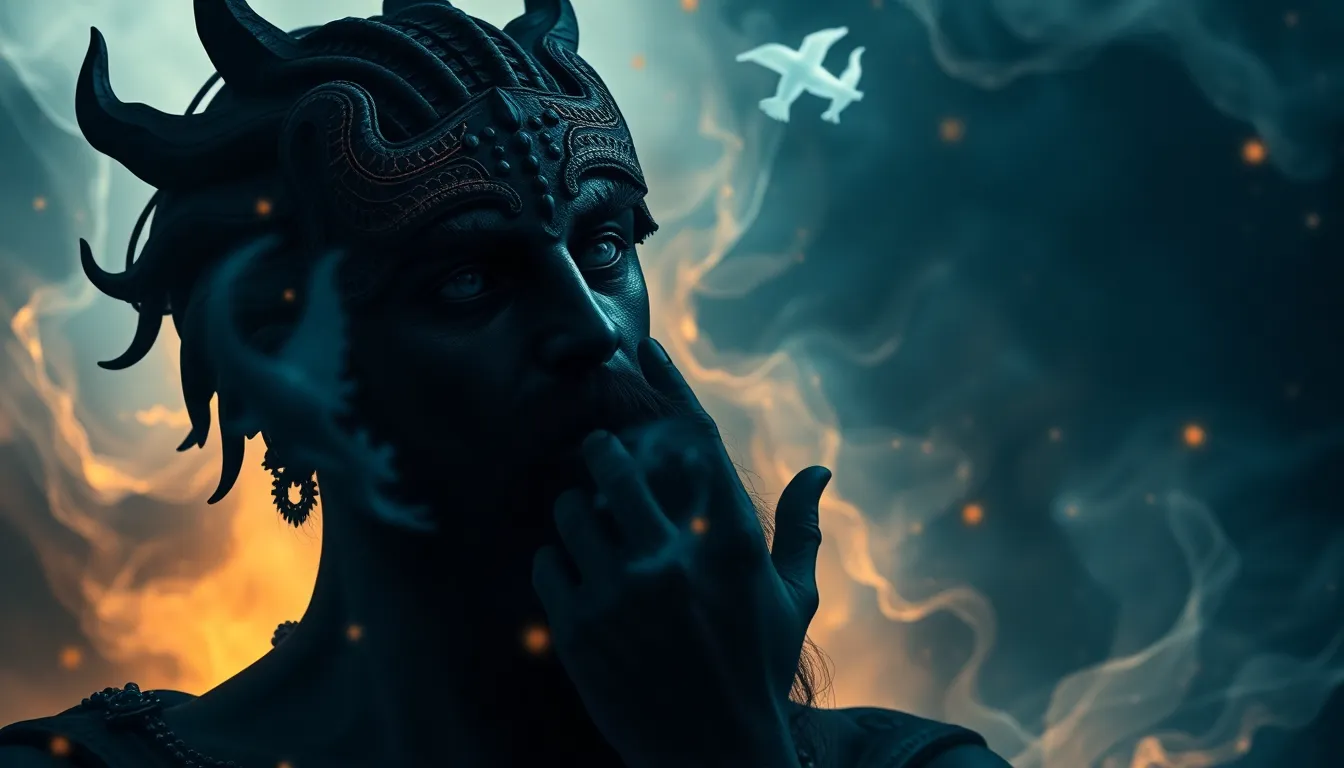The Symbolism of Statues in Greek Mythology
Introduction to Greek Mythology Statues
In Greek Mythology, statues play a significant role in representing various gods, goddesses, and mythical creatures. These statues were not merely decorative but held deep symbolism and importance in the ancient Greek culture.
Symbolism of Greek Mythology Statues
Statues in Greek Mythology often symbolized characteristics, powers, and stories associated with the depicted deity or being. For example, statues of Zeus tended to convey strength, leadership, and authority, reflecting his role as the king of the gods.
Common Symbolic Elements in Greek Mythology Statues
Various elements in Greek Mythology statues held symbolic meanings. For instance, a statue holding a trident may represent Poseidon, the god of the sea. Serpents could symbolize healing associated with Asclepius, the god of medicine.
Legacy of Greek Mythology Statues
The understanding of Greek Mythology statues provides insights into the values and beliefs of ancient Greeks. These statues continue to inspire art, literature, and cultural references even in modern times.
FAQ: The Symbolism of Statues in Greek Mythology
What is the significance of statues in Greek mythology?
Statues in Greek mythology served as more than mere depictions of deities or heroes; they were believed to house the divine essence of the figure they represented.
How were statues used in Greek religious practices?
Statues were central to religious rituals, serving as focal points for offerings and prayers. They were believed to facilitate communication between mortals and the gods.
What do different poses or attributes of statues symbolize in Greek mythology?
The poses and attributes of statues often symbolized various qualities or characteristics associated with the deity or hero represented. For example, a deity holding a thunderbolt might symbolize power or authority.
Were there specific materials commonly used for creating statues in Greek mythology?
Yes, statues were typically crafted from materials like marble, bronze, or clay. The choice of material often reflected the importance and permanence of the figure being depicted.
Do statues in Greek mythology still hold significance in modern culture?
Yes, the symbolism and artistry of Greek mythological statues continue to inspire artists, writers, and individuals interested in mythology and history.




